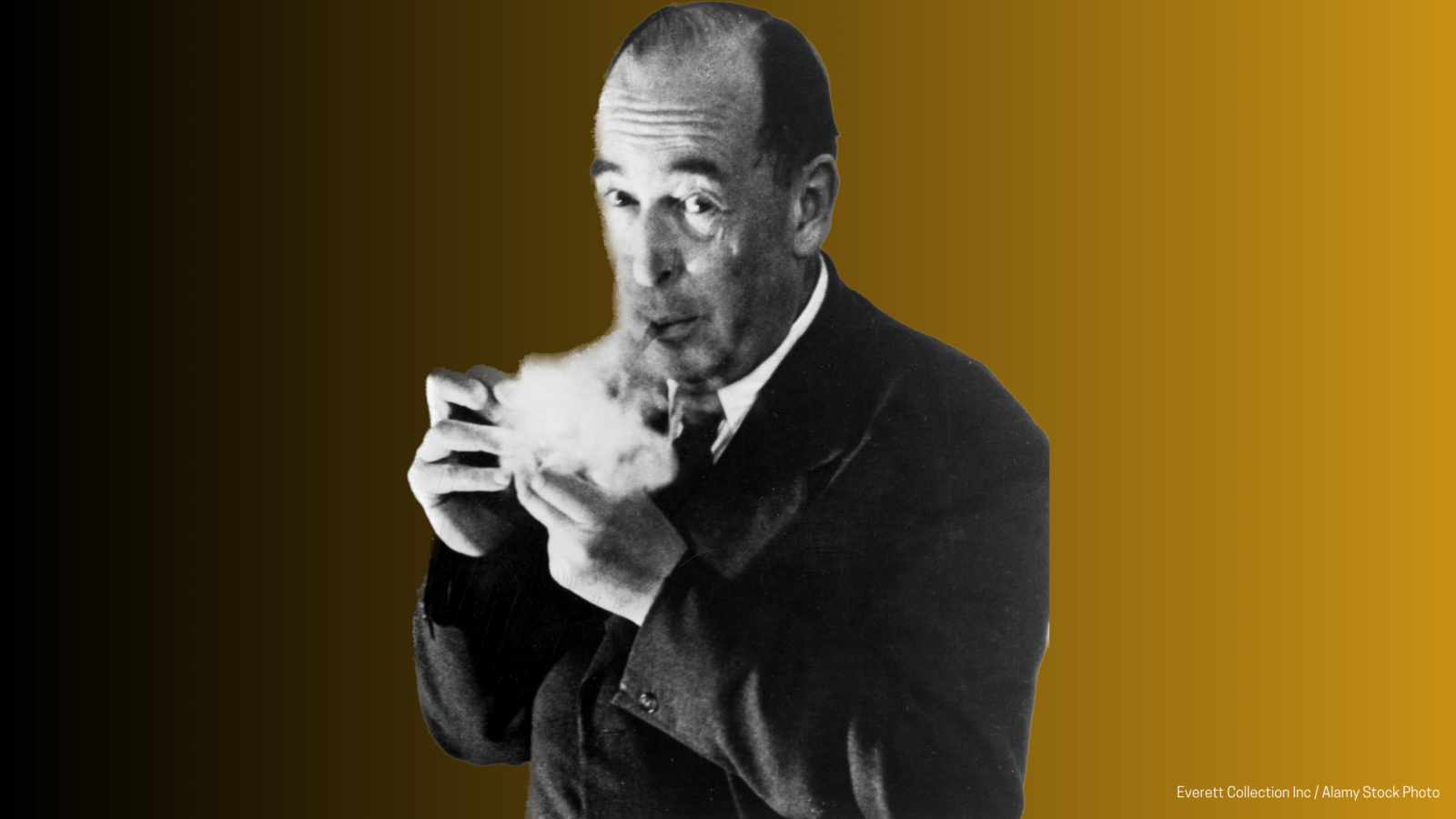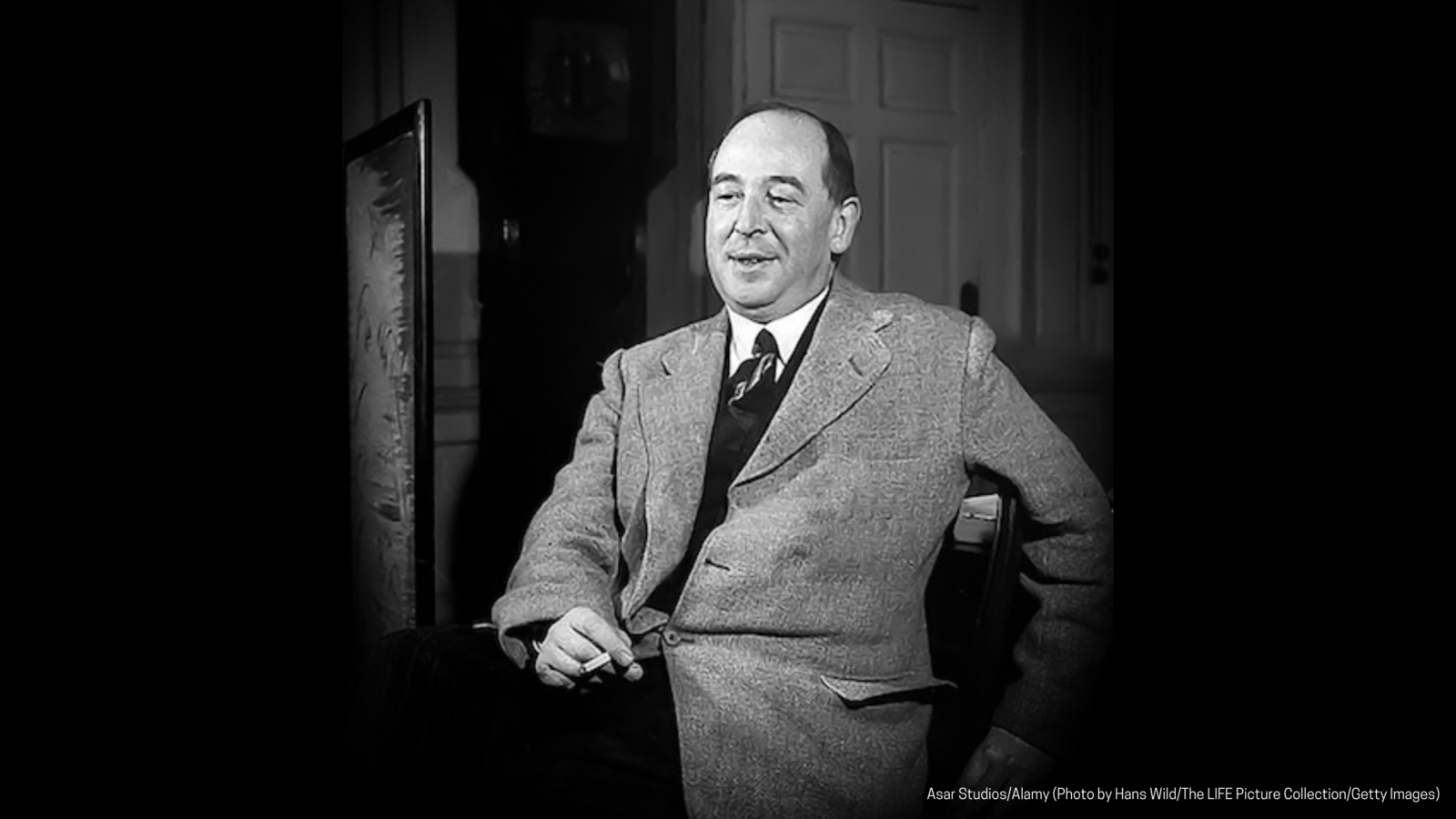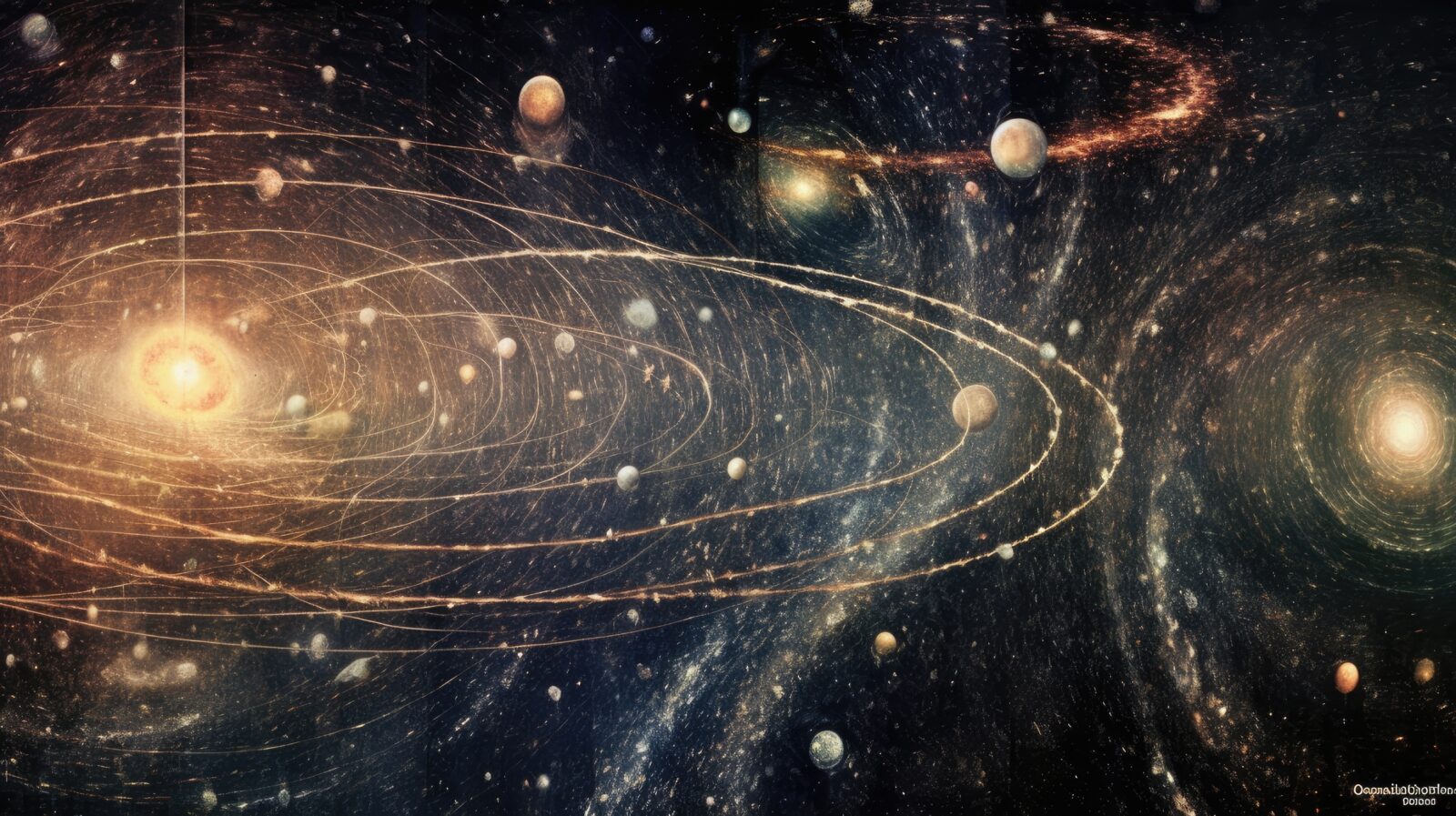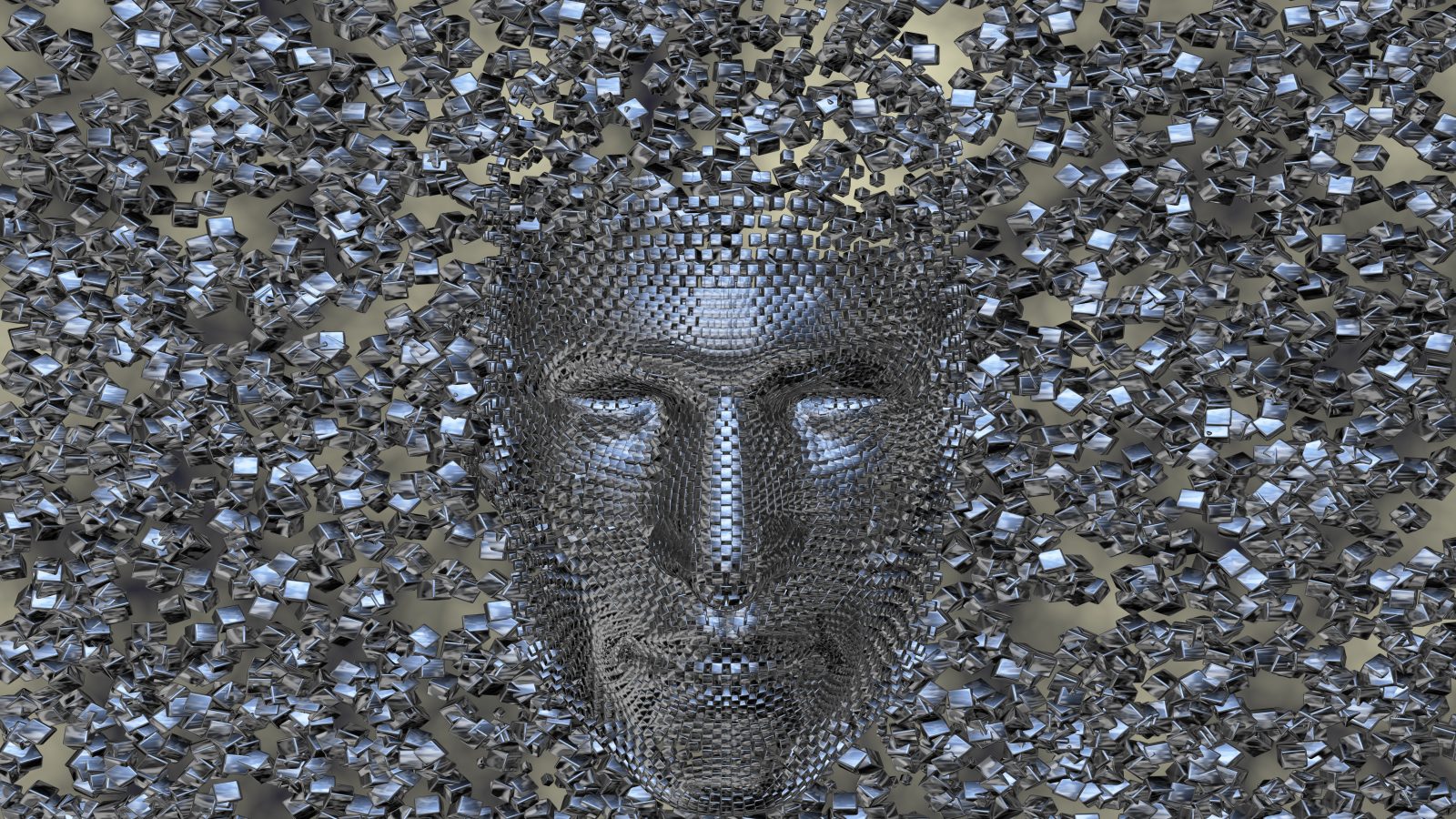


C. S. Lewis’s Prophetic Legacy on Scientism

Uncovering the Hidden Mathematical Structure of the Universe

Max McLean Talks about His New C.S. Lewis Movie
On this ID the Future award-winning actor Max McLean joins host John West to discuss his new film, The Most Reluctant Convert: The Untold Story of C.S. Lewis. West and McLean discuss how McClean came to do stage plays focused on Lewis’s work, and how he and filmmaker Norman Stone came to create a feature-length dramatic film in the midst of the coronavirus shutdown. McLean tells about Lewis’s long and winding conversion from agnosticism to Christianity, and then he and West focus on those aspects of Lewis’s conversion centered on science, evolutionary theory, and rational theism. Key to Lewis’s move from agnosticism to idealism and eventually Judeo-Christian theism—his friend Owen Barfield and the question of the origin of reason. Lewis realized that Darwinian materialism gives us little reason to trust our reason (as Darwin himself conceded in one of his franker moments). Lewis determined that he should and inevitably does trust the human capacity to reason. And if that trust is based on something real, then we have strong grounds to distrust Darwinian materialism, Lewis decided. For more on Lewis’s views on science, evolution, intelligent design, and the rational case for theism, check out this Discovery Institute website on C.S. Lewis.

Jay Richards: Before Carl Sagan Said It, Science Debunked It
On today’s ID the Future, Privileged Planet co-author Jay W. Richards sits down with host Eric Anderson to discuss the gold rush of extrasolar planet discovery and how the Privileged Planet hypothesis has held up since 2004. Richards teases an anniversary edition of The Privileged Planet in the works, and he and Anderson discuss the statement that Carl Sagan is perhaps most famous for. Richards explains how science had already disproven the famous Sagan claim by the time the astronomer first uttered it to millions of viewers in his documentary series Cosmos.

The Magician’s Twin: C.S. Lewis and the Case Against Scientism, Pt. 2

The Magician’s Twin: C. S. Lewis and the Case Against Scientism, Pt. 1
On this episode of ID the Future, we recognize the 75th anniversary this month of the publication of C. S. Lewis’s prophetic science fiction novel That Hideous Strength, with the first slightly abridged part of John West’s documentary The Magician’s Twin: C. S. Lewis and the Case Against Scientism. Several scholars were interviewed for the film, including Jay Richards, Angus Menuge, Victor Reppert, John West, and Michael Aeschliman. Scientism is the idea that science is the ultimate path to knowledge and wisdom — the only sure path — and that the spiritual realm is a mirage. Lewis never criticized science, only scientism, the abuse of science that bears an unexpected twinship with magic.

John Lennox Talks AI, SciFi, Transhumanism and the Image of God
On this episode of ID the Future, host Robert Marks continues his conversation with Oxford University mathematician John Lennox about Lennox’s new book 2084: Artificial Intelligence and the Future of Humanity. Lennox reviews mythology and science fiction writing stretching from the ancient poet Hesiod to the novelist Dan Brown and MIT physicist Max Tegmark. He says that artificial intelligence (AI) predictions down through the ages are all heavily dependent on theological and philosophical presuppositions. He and Marks also discuss AI’s cousin, transhumanism, its surprising history, and its potentially very dark future, including the risk of what C.S. Lewis called “the abolition of man.”

John Lennox on What (Not) to Expect of AI in 2084
On this episode of ID the Future, host Robert Marks interviews Oxford University mathematician John Lennox on Lennox’s new book 2084: Artificial Intelligence and the Future of Humanity. It’s a wide-ranging discussion about AI’s advantages already being realized, in medicine, for example; AI’s supposed potential to achieve human-like consciousness; ethical issues that AI programmers will have to grapple with; effects that AI will have on the economy and individual workers; and the risks associated with living in an AI world where every movement is tracked. A key question as we move toward this future, says Lennox, is what does it mean to be human?

C. S. Lewis and Intelligent Design
On the episode of ID the Future we bring you a production by Discovery Institute about C.S. Lewis and Intelligent Design. With contributions by Discovery Institute’s John West and philosophers Victor Reppert and Angus Menuge, we hear about Lewis’s early doubts about God based in part on an argument from undesign or “bad design” in nature, and how he moved from this position to developing multiple arguments for intelligent design. Another contribution he made to the intelligent design project wasn’t a specific argument but the example he set. As John West explains near the end of the episode, one of his greatest contributions was a commitment to free inquiry and open debate, one he modeled while a professor at Oxford University.